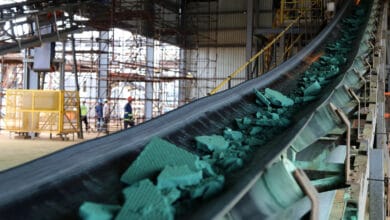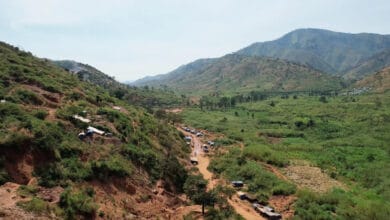Africa holds an estimated 30% of the world’s mineral reserves essential for low-carbon technologies, the backbone of solar power, electric vehicles (EVs), battery storage, green hydrogen, and geothermal energy. This vast mineral wealth is set to become even more strategic as the global energy transition accelerates.
According to the Mo Ibrahim Foundation, production of key minerals such as lithium, graphite, and cobalt is expected to surge by nearly 500% by 2050.
The push for local value addition
Despite its immense potential in critical minerals, the continent risks losing out on full profitability if it continues relying on the traditional model of extracting and exporting raw materials.
At the 2025 African Climate Summit in Addis Ababa, African leaders called for a shift toward green industrialisation built on local processing.
The summit, themed “Accelerating renewable energy, nature-based solutions, e-mobility, and scaling up climate finance,” placed strong emphasis on value addition. Claver Gatete, Executive Secretary of the United Nations Economic Commission for Africa (UNECA), declared: “We cannot repeat the exploitation patterns of the past. Africa must industrialise using its own resources.”
He urged African governments to invest in local processing, value-added industries, and, crucially, stronger regional cooperation.
Regional cooperation and strategy
A concrete example of this shift is the UNECA-Afreximbank Battery and Electric Vehicle (BEV) Initiative, launched in the Democratic Republic of Congo (DRC) and Zambia. The initiative envisions the creation of special economic zones dedicated to manufacturing components for electric batteries.
Participants also highlighted the pivotal role of the African Continental Free Trade Area (AfCFTA) in building regional value chains and reducing external dependence.
To sustain this momentum, UNECA is advancing the Future African Critical Minerals Alliance, which aims to develop a common strategy to ensure that the continent’s resources strengthen economic sovereignty rather than create new vulnerabilities.









